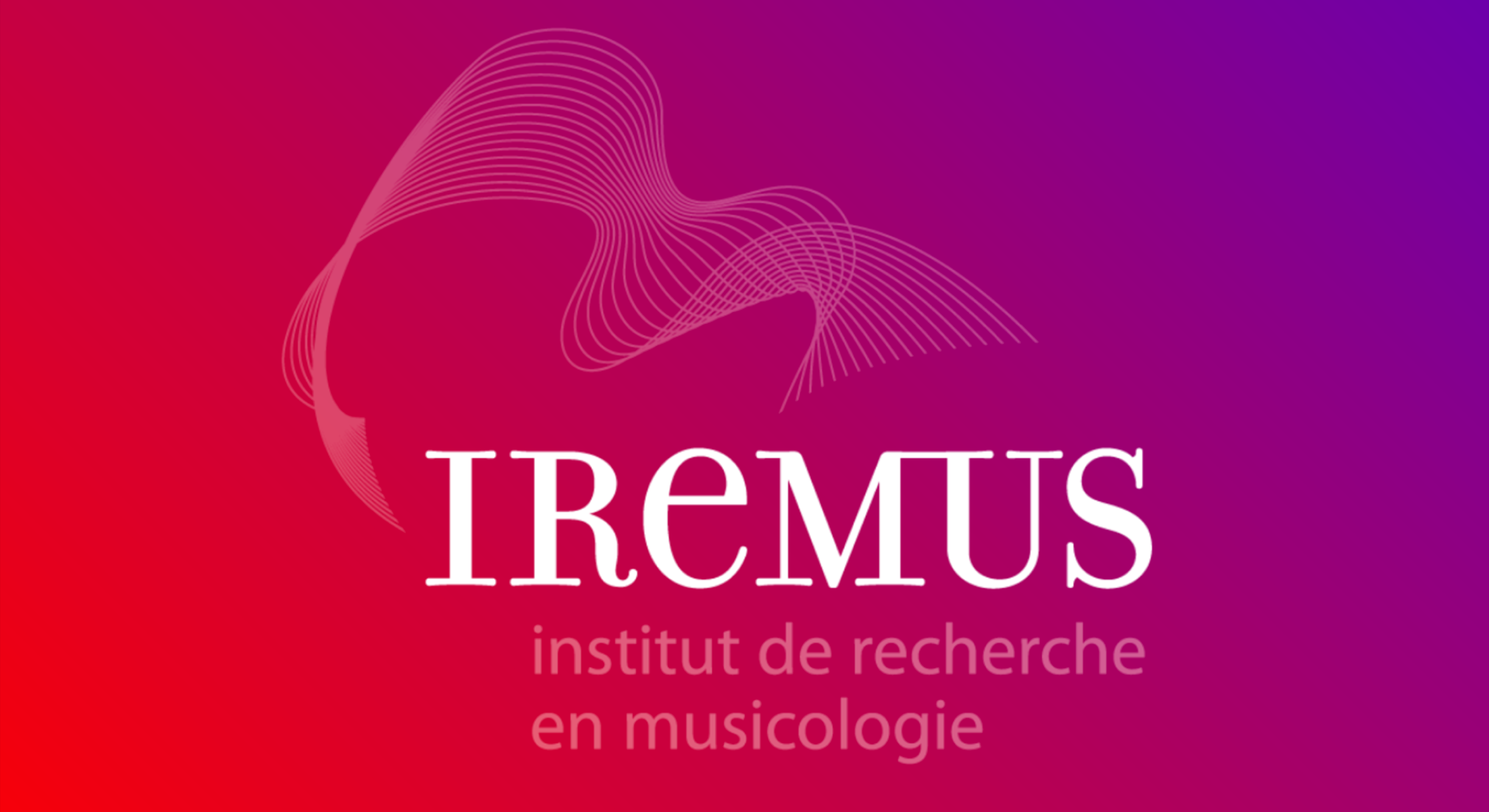Partner introduction: IReMus, Centre National de Recherches Scientifiques (CNRS)
IReMus-CNRS has essential role in leading and coordinating the Polifonia Pilots.

- What is the relation between your organisation/institution and music?
It is an Institute for Research in Musicology. IReMus (Institute for Research in Musicology) was created in January 2014 from the merger of three teams: the two former musicology host teams of the University of Paris-Sorbonne, OMF (Observatoire Musical Français) and PLM (Patrimoine et Langages Musicaux), and the IRPMF (Institut de recherche sur le patrimoine musical en France), a joint research unit of the Centre National de la Recherche Scientifique (CNRS), the Bibliothèque Nationale de France (BnF), and the French Ministry of Culture.
The field of study developed within IReMus covers: critical editions of musical works, treatises and pedagogical works, correspondence and writings by musicians; studies of collections, catalogues of musical holdings and thematic catalogues; analyses of works and theoretical systems, development of analytical tools and theories, notably through digital publications; organological studies; studies on the representations and reception of music, on its historical, institutional, sociological, aesthetic or cultural contexts of production, and on its performers; research on the interpretation of early and contemporary music in collaboration with musicians and composers.
- What do you bring to the Polifonia project?
The possibility to explore new technological tools for studying some musicological aspects of vocal music from the Renaissance to the 20th century. IReMus is very engaged in digital musicology, encouraging the constitution of research teams reflecting on the epistemological and methodological repercussions of new technologies (Séminaire Épistémologie de la Musicologie numérique). For example, the project S.H.E.R.L.O.C.K. focuses on digital tools in music analysis that profoundly change practices in studying humanities, while the project PolyMIR brings together the knowledge and tools necessary for the digital exploration of polyphonic music.
Within the Polifonia project IReMus team is in charge of the coordination of the Pilots and Web portal Work Package, as well as of the group of pilots focusing on musicological research aspects and, more in particular, is the responsible of the pilot TONALITIES, whose main goal is to develop a computer assisted system for the modal-tonal identification, exploration and classification of monophonic and polyphonic notated music from the Renaissance to the 20th century.










